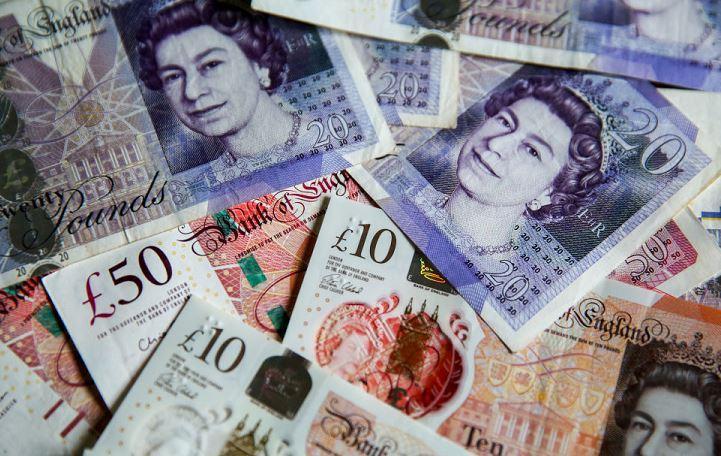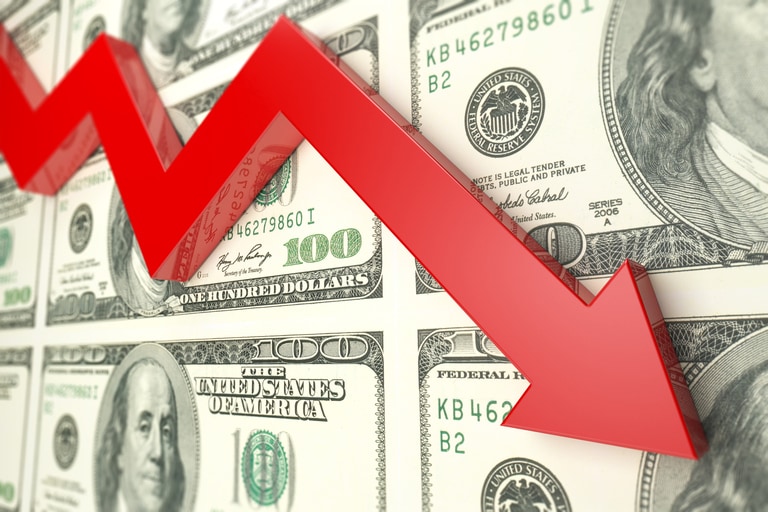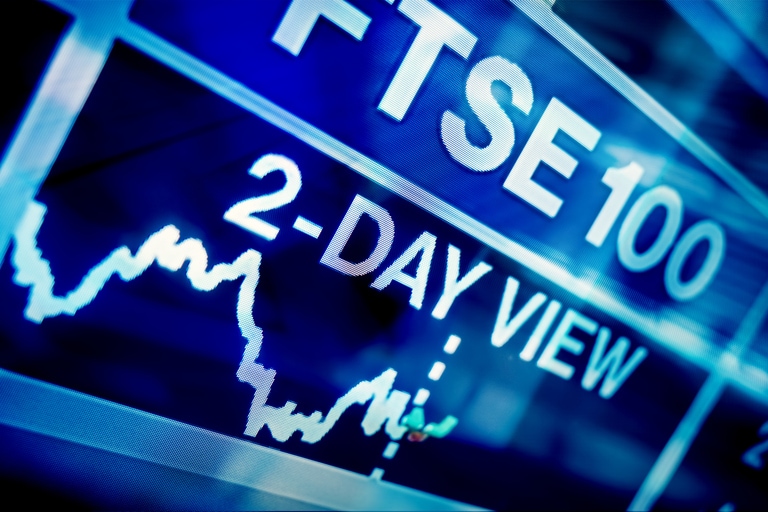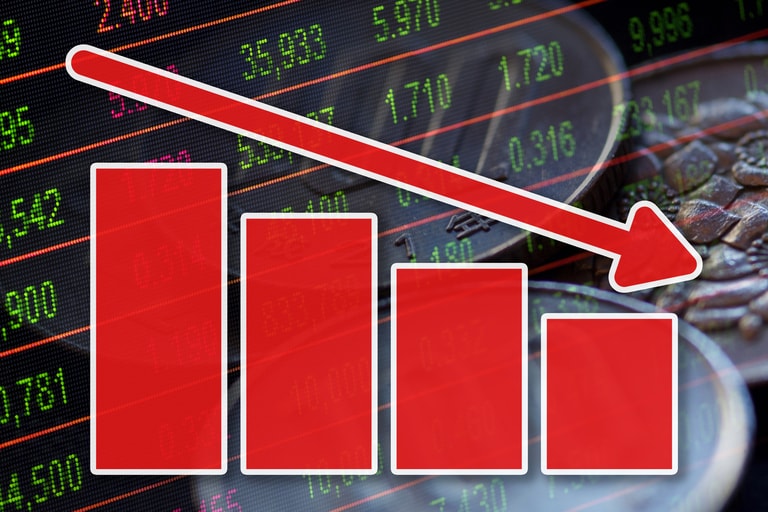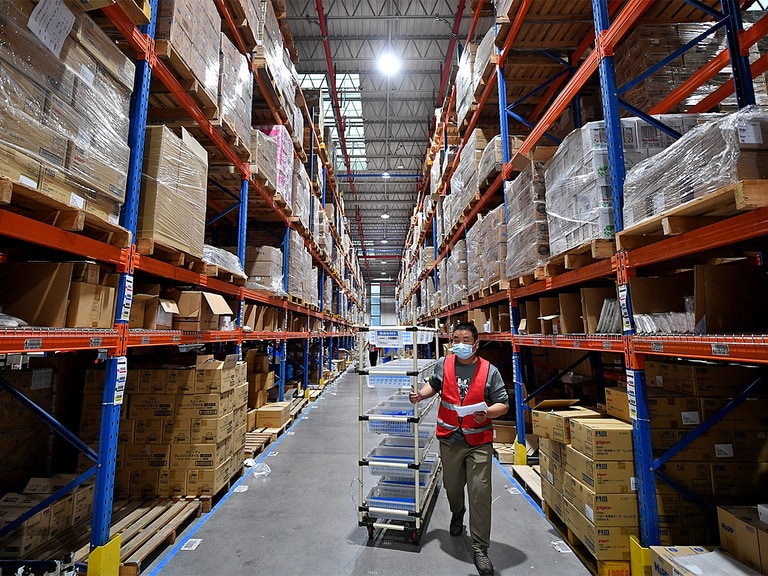Another big rise in US weekly jobless claims along with a sharp rise in tensions between the US and China saw equity markets fall back from their weekly highs yesterday, as once again investor caution, overrode the early exuberance we saw at the beginning of the week.
Asia markets have ended the week on the back foot, reacting to China’s more aggressive interventions in Hong Kong’s internal governance, by way of a new national security law, which could reignite the unrest that was a hallmark of last year. President Trump has already indicated that any actions to this end by China could well prompt a US response, which could raise tensions even further. These tensions are unlikely to go away with the US election looming in November, which means investors will not only have to contend with concerns about the economic damage caused by the pandemic, and the speed of any recovery, as well as a second wave of infections, but also with concerns over US, China relations. As if life wasn’t complicated enough.
These concerns of a renewal of US-China trade tensions after the positivity of earlier in the week as economies tentatively start to reopen, has translated into another shift in sentiment as the optimism of the earlier this week gives way to concern, over future US, China relations as we head into the weekend.
Markets here in Europe have opened sharply lower, dragged down by the sharp falls in Asia, led by markets in Hong Kong which look set to post their biggest one day fall in five years.
HSBC and Prudential shares are amongst the biggest fallers in early trading as a result of this rise in US, China tension and concern over the prospect of further unrest in Hong Kong, given their large exposures to the region.
Luxury fashion retailer Burberry has had to contend with a number of challenges over the last 12 months, from the disruption of its Hong Kong business as well as the fallout from weaker Chinese demand, and the spread of coronavirus for this year. In March the company said that retail sales in their Asia stores were down 40% to 50% over the previous six weeks, with Q4 sales expected to be lower by around 30%. Today’s full year numbers reflect those difficulties, and while Q4 sales eventually came in slightly better, falling 27%, the costs of the recent economic disruption were very apparent. Having already taken a £14m charge last November, due the unrest in Hong Kong, this was adjusted higher to £245m, for the full year as a result of Covid-19, as operating profits slid 57% to £189m. Total revenues for the year came in at £2.63bn.
The various cost savings in terms of the dividend cut, as well as drawing down various cash flow facilities, has also resulted in the company pulling its guidance with management saying that they expect Q1 to be severely disrupted with still 50% of its store network closed. In terms of silver linings sales in mainland China and Korea are ahead of last year, though that may not last if tensions in Hong Kong flare up again, which increasingly looks likely given this morning’s news out of China.
Transport provider and owner of the Thameslink and Southern rail franchise Go-Ahead Group has outlined a trading update in light of the financial support the rail industry received as a result of the loss of revenue caused by the lockdown of the UK economy in March. Unsurprisingly it has warned that profits are likely to come in below expectations due to the disruption caused by coronavirus, with the shares sharply lower in early trading.
With rail services across the UK operating at 75% of typical service levels, and at similar levels in its German and Norway markets the company has said that profits for rail are likely to come in between zero and £4m. The picture is not much better when buses are included, with overall group operating profit expected to fall from last year’s £121m to between £63m and £75m, with performance only slightly better from its London, Singapore and Ireland operations, while UK regional services have had to run at reduced levels, also with the help of government support.
As a result, the company is expecting to reduce capex from £140m to £90m, which along with the suspension of the dividend has helped bolster the company’s finances. Unsurprisingly, management declined to provide guidance for the upcoming year.
As bad as March’s 5.1% decline in UK retail sales was, today’s April numbers were even worse, with consumers pretty much confined to their homes, spending slumped to a record low of -18.1%. While food sales inevitably saw slightly higher than average levels of spending, due to everyone being at home, they did slip back a little as a result of the strong performance in March, which was driven by stockpiling, they could in no way compensate for the sharp falls in fuel and energy, as cars stayed on the driveway. On most measures we saw big falls in clothing, department stores and household goods due to non-essential stores being closed. On the plus side, and this was the only one, online shopping saw a 30.7% increase led by clothing and footwear which saw a 41% rise. Alcohol sales also saw an increase.
UK public sector borrowing also rose sharply in April as the costs of the governments interventions to cushion the effects of the coronavirus outbreak started to kick in. In March the UK government borrowed a revised £14bn, however this rose sharply in April to £62bn, as the government furlough scheme started to make itself felt. None of these numbers should be a surprise to anybody, and explain why the pound’s reaction was fairly muted, as every other country is in the same leaky boat. These numbers are expected to go even higher given that the furlough has been extended into October. The reaction of the gilt market has been fairly sanguine with yields continuing to fall, with the 5-year yield hitting a new record low of -0.03%
This morning’s news that the Bank of Japan announced another stimulus program in the form of a new $280bn lending program for banks, targeted at small and medium sized businesses, was almost a foot note, as the country struggles to drag itself out of the weak inflation low growth environment that has dogged it for years.
US markets look set to take their cues from the weakness in Asia markets as well as here in Europe with a sharply lower open.
In earnings news, Chinese online retailer Alibaba is also set to reveal its latest full-year numbers before the US open, along with Q1 numbers from Foot Locker, and Q2 numbers from Deere and Co.
CMC Markets erbjuder sin tjänst som ”execution only”. Detta material (antingen uttryckt eller inte) är endast för allmän information och tar inte hänsyn till dina personliga omständigheter eller mål. Ingenting i detta material är (eller bör anses vara) finansiella, investeringar eller andra råd som beroende bör läggas på. Inget yttrande i materialet utgör en rekommendation från CMC Markets eller författaren om en viss investering, säkerhet, transaktion eller investeringsstrategi. Detta innehåll har inte skapats i enlighet med de regler som finns för oberoende investeringsrådgivning. Även om vi inte uttryckligen hindras från att handla innan vi har tillhandhållit detta innehåll försöker vi inte dra nytta av det innan det sprids.
